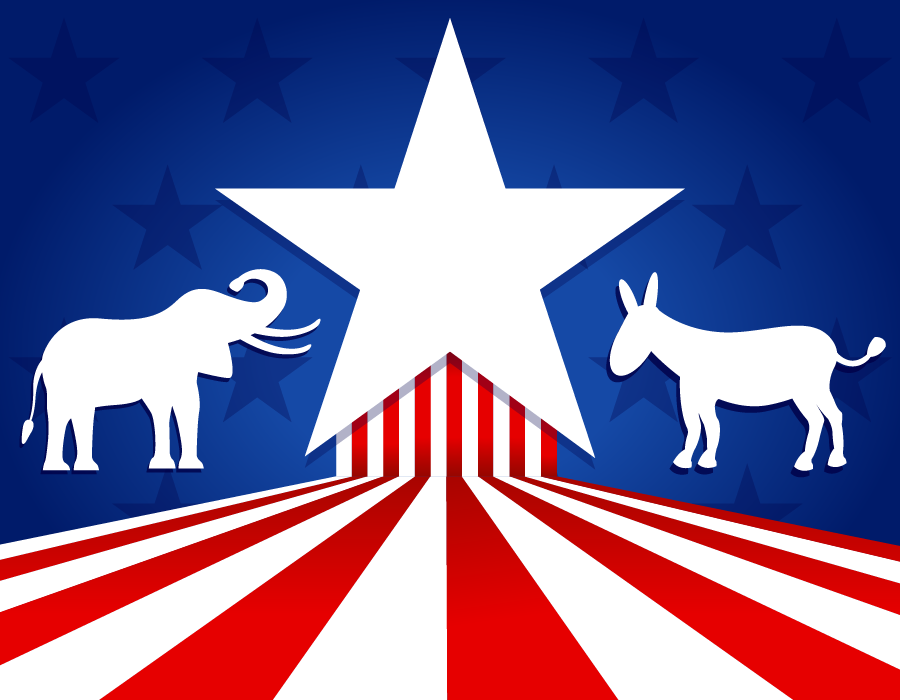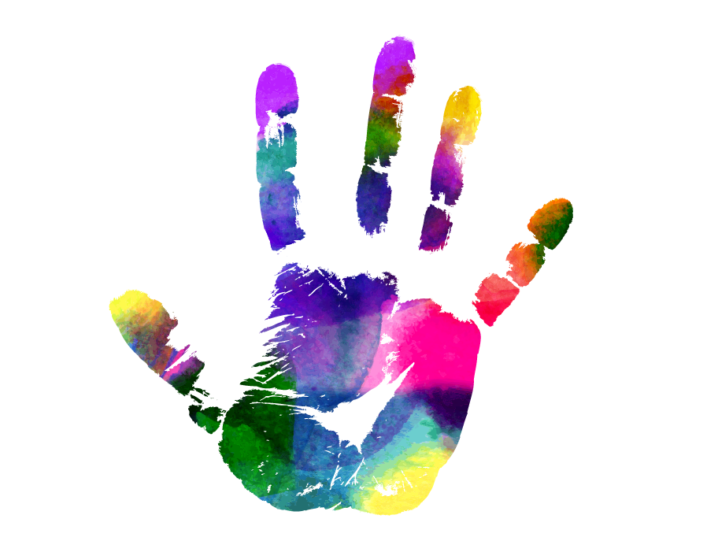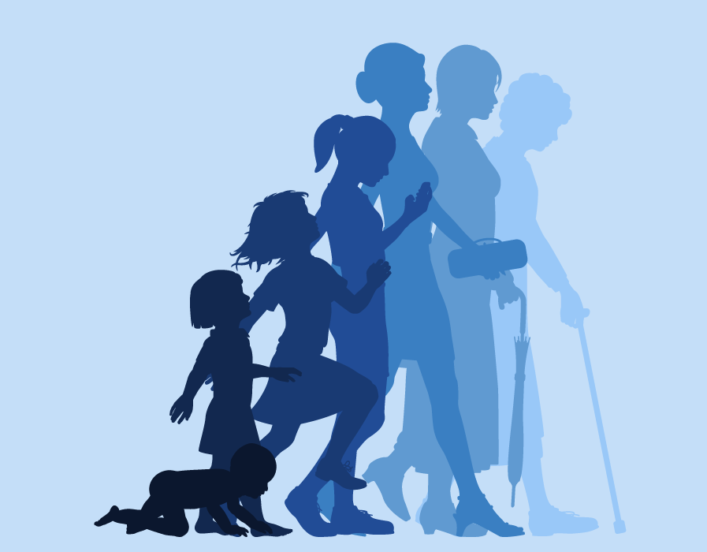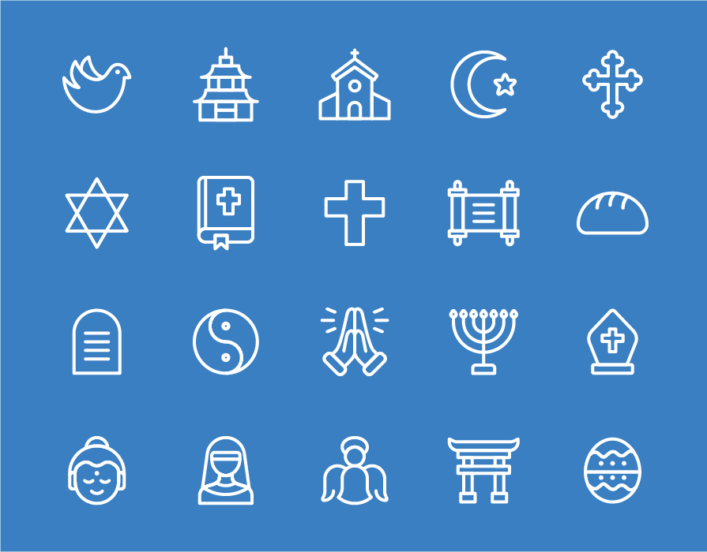DEI Toolkit: Political Beliefs

Definition of ideology
1a: a manner or the content of thinking characteristic of an individual, group, or culture
1b: the integrated assertions, theories and aims that constitute a sociopolitical program
1c: a systematic body of concepts especially about human life or culture
Source: Merriam-Webster Dictionary
A political ideology, for example, is a specific set of ideals, ideas, views or beliefs about politics and the role of government. Examples of political ideologies include conservatism, libertarianism or liberalism. Political ideologies differ from political parties. Political parties are a mechanism to elect people to government offices. While the U.S. has two main political parties, Democrat and Republican, other parties such as Green Party, Libertarian and the Constitution Party are emerging across states. Political ideology may cause an individual to choose a political party. Conversely, a person may adopt a political ideology based on the chosen political party.
Considering the political climate in the U.S. today, which do you think drives the majority of governmental decisions: Political party or political ideology? Why?
A study conducted in 2014 showed the shift between the number of U.S. citizens who identified as consistently liberal or consistently conservative using a 10-question survey. Respondents were also asked to identify as Republican or Democrat. In 1994, the median Democrat and median Republican did not differ much in terms of ideology. However, in 2014, beliefs of the median Democrat and median Republican are vastly different, with much less agreement in political ideology.
Political ideology can also affect other dimensions of diversity as well as how individuals approach diversity. For instance, researchers have found that individuals who identified with more conservative views were more likely to form negative stereotypes concerning social minorities based on arbitrary information. Conversely, individuals who do not identify with conservative ideologies tend to believe individuals in low socioeconomic status are victims of unjust social structures and practices. Age has also been found to affect political ideology and how individuals vote.
While the divide among various political ideologies has, in many ways, polarized the U.S., it is not impossible to bridge the gap. Instead of only seeking out information from sources that support your chosen ideology, it is important to find information from opposing viewpoints. Additionally, tying issues that could be seen as either conservative or liberal to ideas from the other party has been effective in moving individuals’ mindsets. How can you work to bridge the political gap within your branch and surrounding community?
- Print Materials:
- Websites:
- Empath, Respect for One Another Critical to Ease Political Polarization, Stanford Sociologist says.
- Influence of Political Events on Ideology.
- The Political Center is Shrinking. Here’s Proof.
- Polarized Classrooms.
- Why is it Important for People with Different Political Beliefs to Talk to Each Other?
- Political Ideology, Trust, and Cooperation.
- CliffsNotes.
Activities:
- For Students:
- For the Workplace:
Videos:
Dimensions of Diversity & Identity

DEI Toolkit: Age

DEI Toolkit: Religious Beliefs

